by martina rexrode
Bad Start is a fairly accurate album title for a band who spent their early days gigging around San Francisco (under bridges, on beaches, you name it), were signed to EDGEOUT Records in 2021, and, amid each of those milestones, dealt with all the uncertainty the pandemic lockdowns brought to the music industry. For months, even years, the Northern California alt-rock/pop punk trio weren’t sure when they’d play their next gig. Now they’re releasing their debut album composed of 11 tracks that were recorded back in 2022 in Vancouver, five of which were featured on a self-titled EP, and it’s clear just how much fun they were able to have amid such stressful and confusing times.
The members of StrateJacket — Jackson Roemers (lead vocals, guitar), Fabian Angel (vocals, bass), and Nate Mangold (drums) — amass an incredible assortment of musical influences. From The Beatles and The Black Keys to Led Zeppelin and Elton John, it’s safe to assume that these guys were raised on music in all its forms. The two influences that stood out most after listening to the album were Green Day and The Fratellis. From the first line of “Bad Start,” and especially on tracks like “Be My Drug” and “Living a Lie,” Roemers’ vocals screamed Billie Joe Armstrong. At certain points, it almost sounds like he’s talking you through the lyrics, but then the chorus hits and it’s undeniable how great his voice is while conveying the words they’ve written. The Fratellis influence is noticeable in the constant presence of head-banging guitar riffs and standout basslines, as well as their ability to create a catchy chorus.
With the variation throughout the album from punchy, energetic songs like “Bad Start” to the stripped-back energy of “Torch,” it’s impressive how many different musical sides they’ve showcased on a debut album. Their theme of, in their own words, “being an idiot but meaning well” on the title track feels pretty consistent within the album as a whole. The late 90s and early 2000s musical style harkens back to dozens of young artists and bands who embraced their messy teenage years and immaturity to create some of the most relatable songs to date. In a way, StrateJacket appears to be tapping into a similar niche.
In simple terms, the album is a whole lot of fun. It’s youthful and a bit dark in its humor while remaining authentic to the sound of the Bay Area’s local scene. In their music videos, you see three guys goofing around and bringing their songs to life. When listening to their songs, you hear a sincerity that is almost infectious. When asked about their identity as a rock band, they say that they’re proud to be placed in that category, “When people hear the album, I hope they feel a little nostalgic,” Angel says. “I want our listeners to feel like kids with guitars and basses in their bedrooms and not alone. I want them to know that little bands still want to be big bands.” This little band is off to a pretty great start to me.





